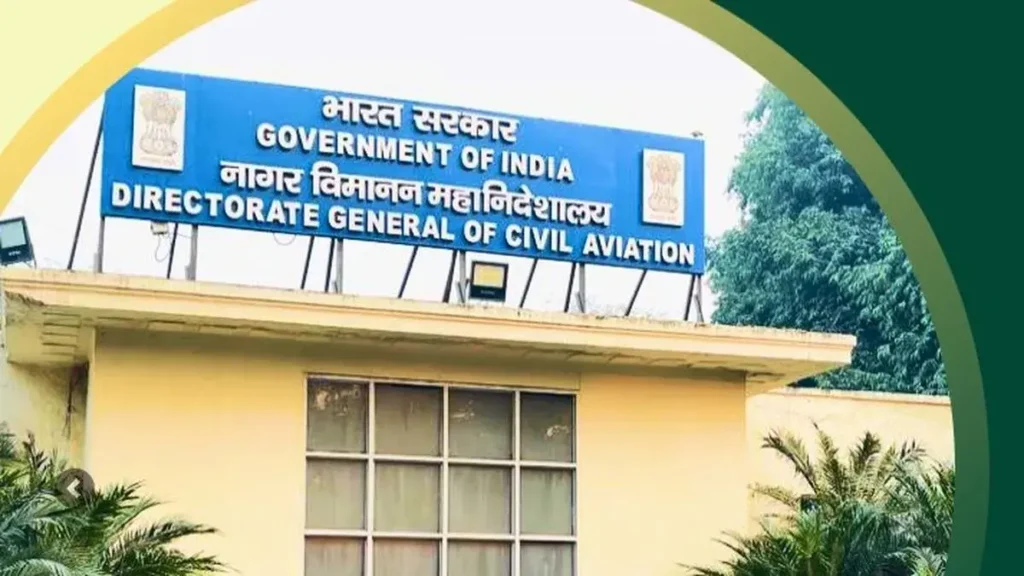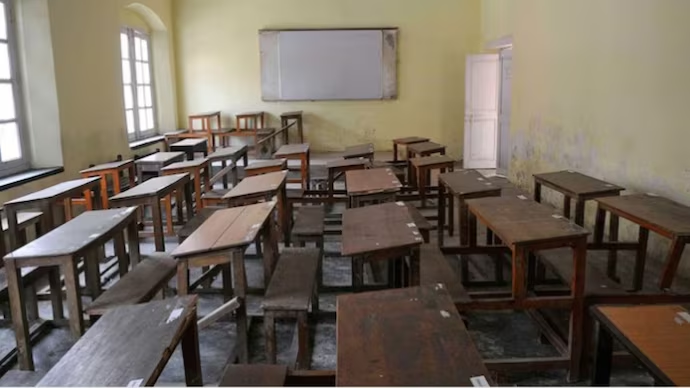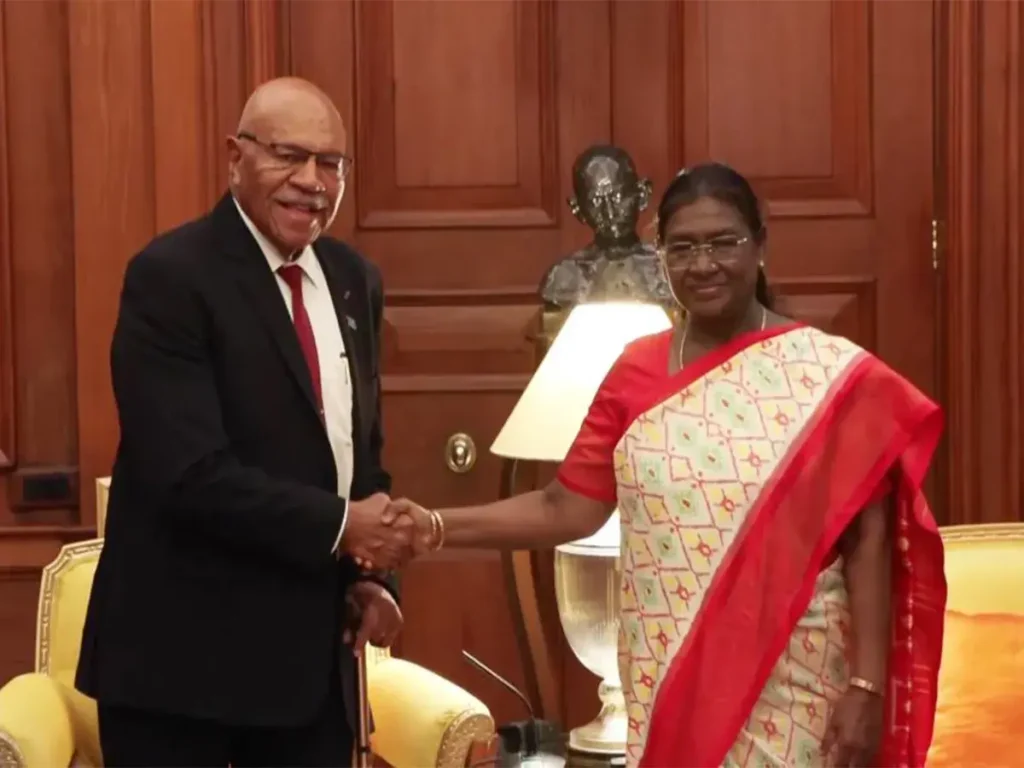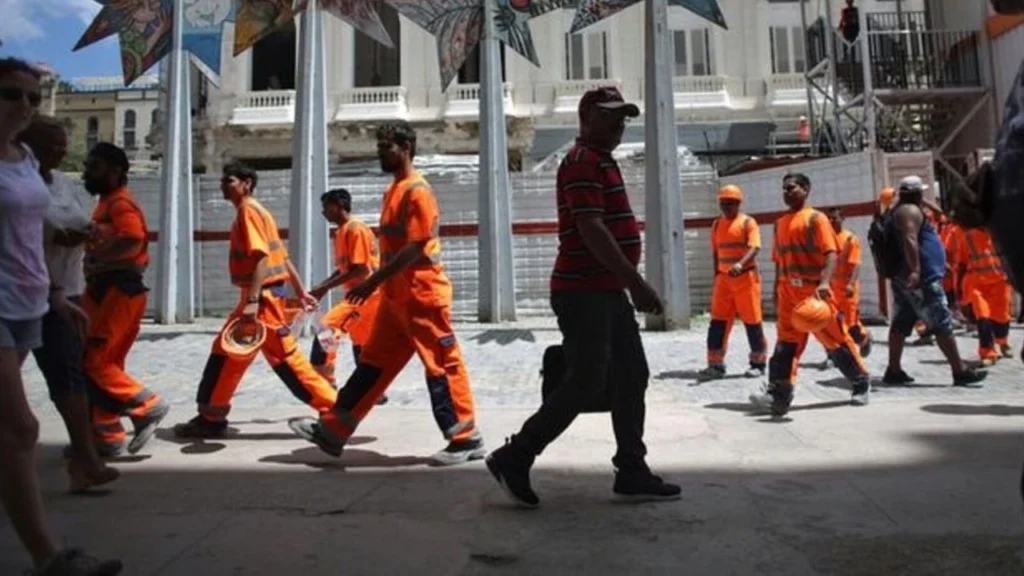India Adds Over 77,000 Medical Seats in Six Years to Strengthen Healthcare Workforce
India has significantly expanded its medical education capacity over the past six years, adding 48,563 undergraduate (MBBS) seats and 29,080 postgraduate (MD/MS) seats between the 2020–21 and 2025–26 academic years, the Ministry of Health and Family Welfare informed the Rajya Sabha. In a written response to an unstarred question, Minister of State for Health and Family Welfare Anupriya Patel said the expansion was carried out based on recommendations from the National Medical Commission (NMC), with a focus on addressing doctor shortages, particularly in underserved and remote regions. Data presented in Parliament shows a consistent year-on-year rise in MBBS seats, beginning with 2,963 additions in 2020–21. This was followed by 8,790 seats in 2021–22, 7,398 in 2022–23, 9,652 in 2023–24, and 8,641 in 2024–25. The largest annual increase came in 2025–26, with 11,119 new MBBS seats, taking the six-year total to 48,563. Postgraduate medical education also witnessed steady growth. PG seats increased by 4,983 in 2020–21 and 4,705 in 2021–22, before adding 2,874 seats in 2022–23. The momentum picked up again with 4,713 seats in 2023–24 and 4,186 in 2024–25. The highest single-year rise of 7,619 PG seats was recorded in 2025–26, bringing the cumulative increase to 29,080 seats. In addition, the Centre has approved the creation of 10,023 more medical seats under centrally sponsored schemes in government medical colleges between 2025–26 and 2028–29, further boosting capacity. The ministry said the expanded intake has contributed to improving the doctor-to-population ratio across several states, including Rajasthan, while also making medical education more accessible to Indian students and reducing the need to study abroad. To address concerns over quality, the government noted that the NMC has implemented robust regulatory measures, such as the Minimum Standards Requirements, Graduate Medical Education Regulations 2023, Maintenance of Standards of Medical Education Regulations 2023, and the Competency-Based Medical Education Curriculum Guidelines 2024, to ensure academic and clinical standards are maintained despite rapid expansion. Source: Indian Express
India Adds Over 77,000 Medical Seats in Six Years to Strengthen Healthcare Workforce Read More »










